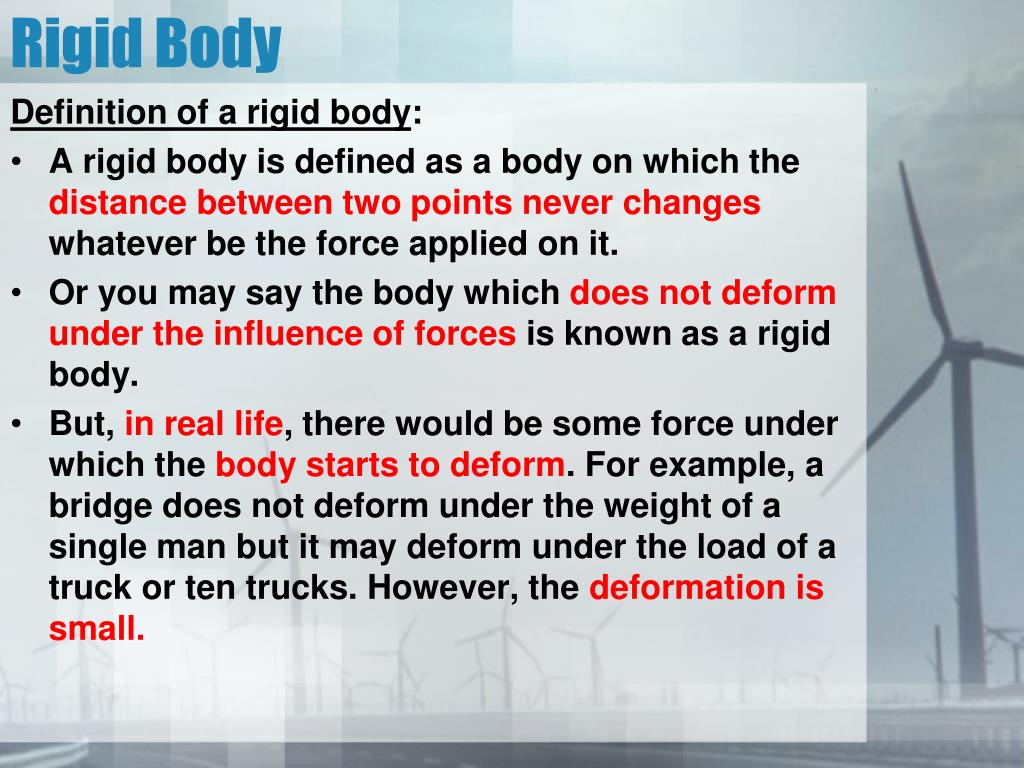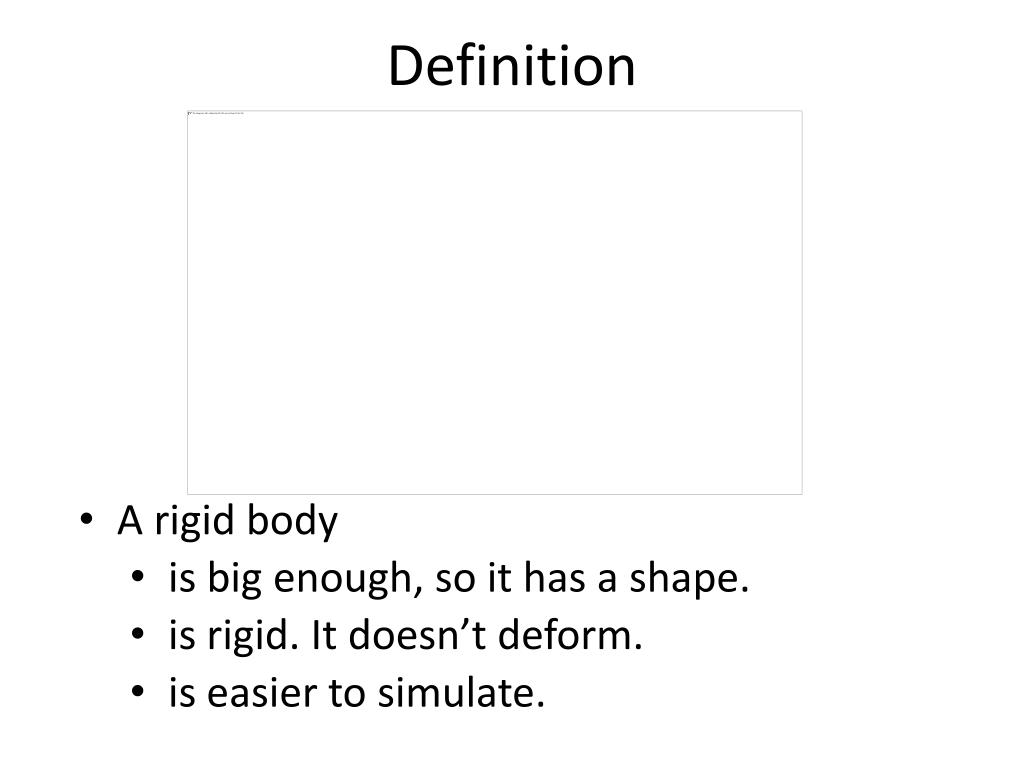Understanding Rigid Meaning - A Deeper Look
Have you ever felt like something just wouldn't budge, or perhaps someone was simply unwilling to change their mind? Well, that feeling, that sense of being unable to shift or bend, often points to what we call "rigid meaning." It's a way of describing things that are, in a very real sense, unyielding. Think about something that lacks any give, something that just stays put, no matter what. That, in a way, captures the essence of this idea. It’s about a complete absence of pliancy, a state where there's simply no room for adjustment.
This concept, "rigid meaning," isn't just about physical objects, though it certainly applies there. It stretches into how we describe rules, ways of thinking, or even how a person might react in a surprising moment. It's about a lack of elasticity, a resistance to being moved or persuaded. So, whether you're thinking about a material that refuses to bend or a set of ideas that seems firmly fixed, the core idea remains consistent: a notable absence of give. It’s a term that covers quite a bit of ground, you know?
When we talk about "rigid meaning," we're really exploring something that doesn't allow for much variation or alteration. It's about being set, about staying put, whether that's a physical form or a way of operating. It suggests something that holds its shape, or its position, without much effort, or perhaps even with a great deal of resistance. It's a useful way to describe things that are, to put it simply, not at all loose or yielding. This exploration will help us look at the many ways this idea shows up in our daily experiences, actually.
Table of Contents
- What Does "Rigid Meaning" Truly Suggest?
- Is "Rigid Meaning" Always About Being Unyielding?
- How Can "Rigid Meaning" Show Up in Our Bodies?
- Exploring the "Rigid Meaning" in Everyday Objects
- When Rules Take on a "Rigid Meaning"
- Can a Person Embody "Rigid Meaning"?
- The Various Shades of "Rigid Meaning"
- Unpacking the "Rigid Meaning" from its Roots
What Does "Rigid Meaning" Truly Suggest?
When we consider the "rigid meaning" of something, we are often thinking about its inability to change or to be easily moved. It points to a characteristic where there is no give, no give at all. Imagine trying to bend a piece of steel that is very thick; it simply won't yield to your efforts. That's a good picture of this concept. It's about a complete lack of pliability, a state of being fixed and unmoving. This idea extends beyond just physical things, too. It can describe thoughts, beliefs, or even entire systems that resist any kind of alteration or adjustment. It's a state where things are set, and they stay that way, apparently.
The core of "rigid meaning" points to something that isn't able to be bent, twisted, or shifted from its current state. It speaks to a quality of being unyielding, a refusal to adapt or to be influenced. Think about a tree trunk that stands firm against a strong wind; it doesn't sway or give way. That sense of being unbending, of holding one's position without wavering, is a central part of this idea. It’s about a resistance to external forces that might try to alter its form or its nature. So, in many ways, it describes a state of steadfastness, a refusal to concede or to be swayed, you know?
Is "Rigid Meaning" Always About Being Unyielding?
Is the "rigid meaning" always about something that simply won't give? Well, in many instances, yes, that's precisely what it conveys. It's about a characteristic of being quite firm and not at all flexible. Consider, for example, a structure that is built to withstand great pressure; it must be unyielding to perform its job. This unyielding nature can be a source of strength, providing stability and resistance. It suggests a quality of being set in its ways, of not allowing for much deviation from a predetermined path or form. It's a state where things are very much fixed, and that's often the point, as a matter of fact.
However, the idea of "rigid meaning" also includes the notion of being difficult to persuade or to change one's mind. It's not just about physical unbending, but also about a mental or conceptual steadfastness. Someone who holds very firm opinions, for instance, might be described as having a rather unyielding perspective. They don't easily shift their views, even when presented with new information. This kind of steadfastness can sometimes be seen as a positive trait, indicating conviction, but it can also suggest an unwillingness to consider other viewpoints. So, it's about more than just physical properties; it's about a general resistance to alteration, you see.
How Can "Rigid Meaning" Show Up in Our Bodies?
It's quite interesting how the "rigid meaning" can sometimes manifest itself in our own physical forms. Imagine a moment of intense surprise or fright. What happens to your body? For many, there's an immediate reaction where the muscles tighten, and the body becomes very straight and unmoving. This is a common way for our bodies to respond to sudden shock or fear. It’s almost as if the body prepares itself, becoming quite stiff, as a defense mechanism. This physical transformation, where one becomes suddenly unable to move freely, is a very clear example of this concept at play. It's a fascinating, if sometimes unsettling, physical response, actually.
Think about someone who might have experienced something truly startling. They might describe how they "went rigid with shock," meaning their body became suddenly still and unresponsive. Or, perhaps, you might hear a story about a person who "went rigid" the moment they saw something that caused them great alarm, like seeing a creature they were afraid of. In these instances, the body's natural flexibility seems to disappear, replaced by a temporary state of unyielding stillness. It’s a powerful, almost instinctive, reaction that shows just how deeply this idea of unbending can be rooted in our physical being. It's a rather common human experience, too.
Exploring the "Rigid Meaning" in Everyday Objects
When we look around, we can find the "rigid meaning" present in many everyday objects. Consider something as common as a piece of plastic. If it's a type of plastic that doesn't bend easily, or perhaps doesn't bend at all, we would describe it as having this quality. It holds its shape, refusing to yield to pressure. This characteristic is often desired in materials used for construction or for items that need to maintain a specific form. It’s about the material's inherent resistance to changing its shape, even when force is applied. So, it's a quality that defines how a material behaves under stress, you know?
Another example could be a strip of metal that is not at all pliable. Such a piece of metal would be described as having a very unyielding nature. It stands firm, maintaining its structure without any give. This is a valuable property for things like supports or frames, where stability is absolutely necessary. Think about the framework of a tent, for instance. It needs to be quite firm to hold the canvas taut and keep the structure standing. Without this quality, the tent would simply collapse. This demonstrates how the concept applies to the physical properties of things we interact with constantly, nearly.
When Rules Take on a "Rigid Meaning"
The "rigid meaning" isn't confined to physical objects; it very much applies to abstract concepts like rules and methods. When we talk about rules having this quality, it often suggests that they are very strict and not at all easy to change. These are the kinds of guidelines that leave little to no room for interpretation or deviation. Imagine a set of rules for submitting an article to a publication; if these rules are unyielding, it means there's no flexibility in how you present your work. You must follow them precisely, without any allowance for personal interpretation or variation. This can sometimes be seen in a somewhat disapproving light, as it can feel overly restrictive, as a matter of fact.
These unyielding rules can sometimes feel like they create a very tight framework, one that everyone must fit into without exception. It's about a system where there's very little give, and modifications are difficult, if not impossible. Think about a law that is enforced without any exceptions, no matter the circumstances. That law would be described as being applied with a very unyielding hand. This kind of application leaves no room for individual cases or unique situations, treating every instance the same way. It speaks to a system that operates with an unwavering adherence to its established principles, you see.
Can a Person Embody "Rigid Meaning"?
It's interesting to consider how a person can, in a way, embody the "rigid meaning" in their character or approach to life. When someone is described as having this quality, it often suggests they are not easily persuaded or changed in their views. They might be someone who holds very firm beliefs and is quite unwilling to consider alternative perspectives. Imagine a manager who simply won't listen to new ideas from their team members, always sticking to their established ways. That manager could be described as having a very unyielding approach to leadership. It's about a personal characteristic of being set in one's ways, of not being open to new input, sometimes.
This personal unyielding quality can also manifest in how someone enforces discipline or adheres to principles. A person who is known as a "disciplinarian" might be someone who applies rules with an unbending will, showing no leniency or deviation. Their approach is very much fixed, and they expect others to follow suit without question. This suggests a personality that values strict adherence and consistency above all else, often leaving little room for negotiation or individual circumstances. It's about a personal steadfastness that can be seen as both strong and, perhaps, a little bit inflexible, too.
The Various Shades of "Rigid Meaning"
The "rigid meaning" of something isn't just a single idea; it comes with various shades and related concepts. Words like "rigorous," "strict," and "stringent" all point to similar ideas of being extremely severe or stern in application. These terms often describe a quality of being unyielding, of not allowing for any softness or deviation. When something is described with these words, it suggests a very firm and unbending quality, whether it's a process, a rule, or an expectation. It's about a certain level of uncompromising exactness, a refusal to be anything but precise and unwavering, in some respects.
Moreover, this concept often brings to mind the idea of an "unbending will to dominate." This phrase paints a picture of someone or something that is determined to control, without any inclination to yield or compromise. It's about a powerful resolve that doesn't falter, a steadfastness in pursuing a particular outcome. This kind of unyielding determination can be seen in various contexts, from personal ambition to the enforcement of authority. It speaks to a quality of being absolutely resolute, of not being swayed by opposition or alternative viewpoints. So, it's about more than just being physically unyielding; it’s about a mental or even a spiritual steadfastness, you know?
Unpacking the "Rigid Meaning" from its Roots
To really get a good handle on the "rigid meaning," it helps to look at how the word itself is defined in formal references. According to various dictionaries, the fundamental idea is about being deficient in or devoid of flexibility. This simply means it lacks the ability to bend or to be moved easily. It's a quality that describes something that holds its shape, that doesn't yield to external forces. This core definition is the starting point for all the other ways we use the word, whether we're talking about a physical object or an abstract concept. It's the foundational sense of something being unyielding, basically.
When you consult a comprehensive dictionary, you'll find that the "rigid meaning" encompasses both literal and figurative uses. Literally, it refers to things that are stiff and don't bend. Think about a patient whose legs are described as being unyielding, meaning they cannot be moved easily. Figuratively, it extends to rules, methods, or even people who are unyielding in their ways, difficult to change or persuade. The dictionary entries confirm that this word captures a broad spectrum of unbending qualities, from the physical to the conceptual. It's a word that describes a lack of pliability in many different forms, you know?

PPT - CHAPTER 4 PowerPoint Presentation, free download - ID:5248490

Rigid Definition Synonyms Shop Outlets | brunofuga.adv.br

PPT - Rigid Bodies PowerPoint Presentation, free download - ID:4050491